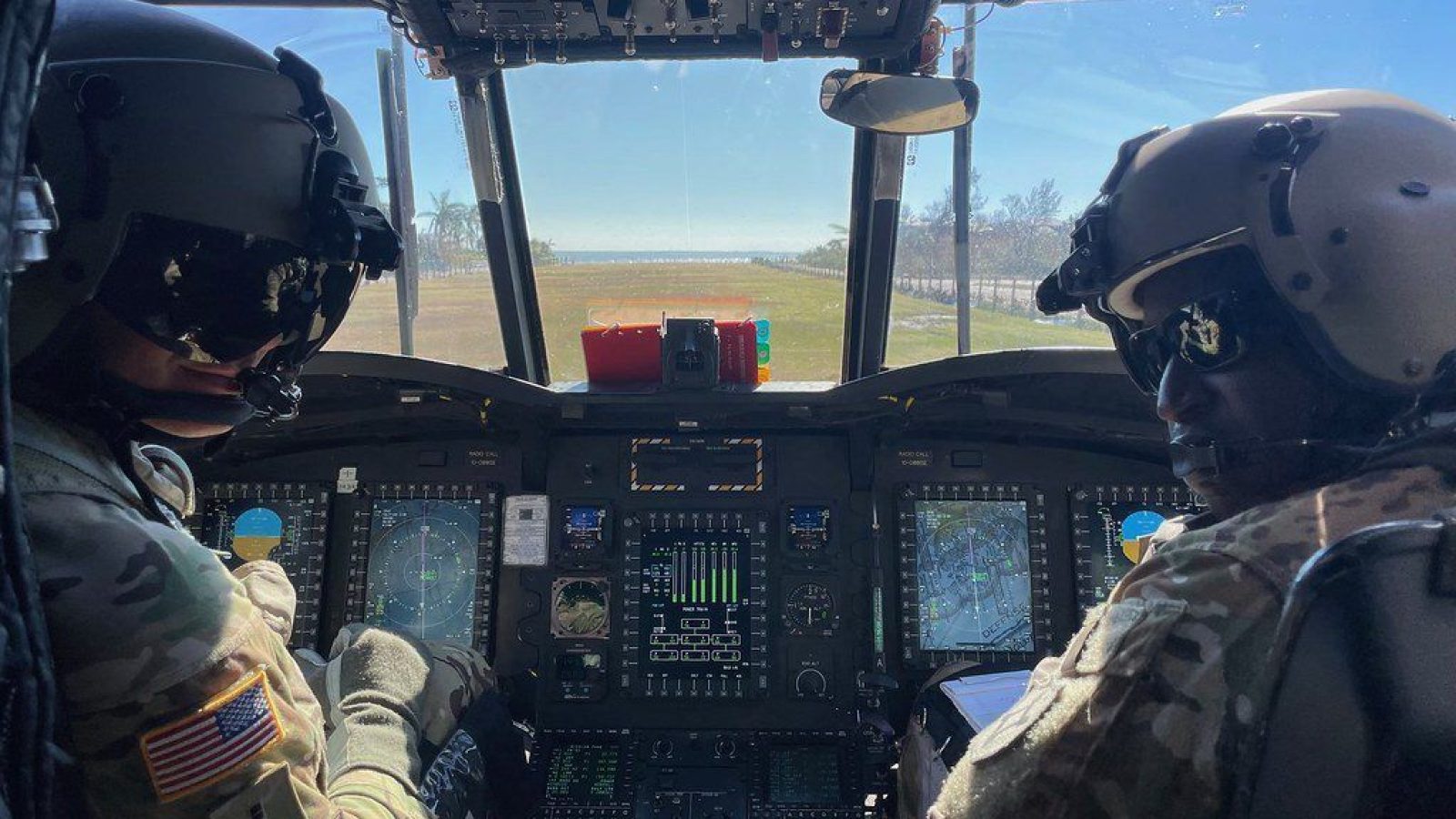Army pilots who served their country and are ready to leave the military will have to give three extra years of service, according to an NBC News report.
The report says that the branch “reinterpreted part of their contract amid retention and recruitment issues.”
Between woke high-ranking officials and COVID-19 jab mandates, it’s no surprise the U.S. military is having difficulty retaining soldiers and attracting new recruits.
Hundreds of aviation officers were prepared to step into their civilian lives outside the military and now have to put their plans on hold.
It’s a gross mismanagement of contracts for men and women who made the commitment to serve their country.
The mismanagement has reportedly infuriated the affected pilots.
Dozens of US Army pilots are sounding the alarm on what they say is “gross mismanagement” of their service contracts that could result in them being required to serve three years longer than they’d originally anticipated https://t.co/iG2KOVEckJ
— CNN (@CNN) April 29, 2023
NEW: An unknown number of Army pilots, likely hundreds, had their service obligations suddenly extended by up to three years recently when Human Resources Command realized it had been incorrectly calculating them.
The pilots are furious.https://t.co/WFga1Lm2DN
— Davis Winkie (@davis_winkie) April 27, 2023
“We are now completely in limbo,” said one captain prepared to leave the military this spring.
NBC News reported:
That captain and three other active-duty aviation officers who spoke to NBC News spoke on the condition of anonymity out of fear of retaliation.
As part of a program known as BRADSO, cadets commissioning from the U.S. Military Academy or Army Cadet Command from 2008 and 2020 were able to request a branch of their choice, including aviation, by agreeing to serve an additional three years on active duty.
For years, the Army allowed some aviation officers to serve those three years concurrently, and not consecutively, along with their roughly contracted seven or eight years of service.
In a phone call with reporters Thursday, Army officials admitted “errors” in the system, which they noticed a few months ago, led to the discrepancy.
“We are fixing those errors, and we are in communication with the unit leadership and impacted officers,” said Lt. Gen. Douglas Stitt, deputy chief of staff of G-1, which is in charge of policy and personnel.
“Our overall goal to correct this issue is to provide predictability and stability for our soldiers while maintaining readiness across our force,” Stitt added.
Army Times provided further context:
The chaos comes from the soldiers’ overlapping service obligations — agreements controlling when an officer can leave the Army — some of which are contract-based and some of which are set by federal law. Aviation officers have different requirements than those in other roles, adding to the confusion.
Dozens of impacted officers signed a letter to members of Congress claiming that officials fed them inaccurate information about their contract lengths. Among its enclosures, which Army Times obtained from multiple sources, were briefing materials and messages from branch managers, the Army’s official career advisors, that affirmed a shorter-length interpretation of their obligations.
The officers described service regulations and documents as filled “with contradicting statements,” and argued that the Army shouldn’t begin enforcing obligations that it didn’t on their peers who departed before the error was realized.
Maj. Gen. Tom Drew, Human Resources Command’s top general, argued that the contract form “clearly states” the longer commitment.
Regardless of who is to blame, over 600 Army aviators must now defer any post-service plans for as long as three years, and the additional time means they’ll likely complete another assignment (and move) before they’re eligible to leave. As of Thursday, the Army is aware of “less than” 20 others who already had resignations incorrectly accepted despite owing more time, Stitt said. They won’t be recalled to service.



Join the conversation!
Please share your thoughts about this article below. We value your opinions, and would love to see you add to the discussion!